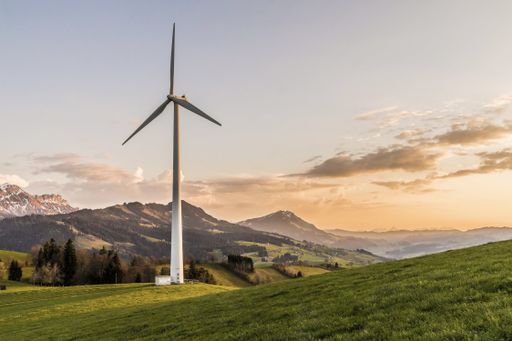New Mexico to Invest $500 Million in Water from Controversial Sources
New Mexico is investing $500 million in purchasing water from controversial sources, such as treated oilfield wastewater, to address water scarcity.

Controversial Sources of Water
New Mexico will invest $500 million into purchasing water from controversial sources, including treated oilfield wastewater, as a means to bolster the state's water portfolio. The purchases are the latest in a long-running series of deals dipping into untapped waters to shore up dwindling supplies as climate change and decades of overconsumption drive aridification of the Southwest.
The water would come from two sources: brackish saltwater, from aquifers deep underground, and produced water—wastewater from oil and gas wells. Neither source, but particularly the latter, is immediately fit for most consumptive purposes. But as traditional water supplies like rivers and groundwater aquifers are depleted in the Southwest, local and state governments are increasingly investing in new water sources to keep up economic and population growth, despite skepticism from environmentalists and water experts.
"In arid states like ours, every drop counts. A warming climate throws that fact into sharper relief every day," said Gov. Michelle Lujan Grisham in a press release Tuesday. "This is innovation in action: We're leveraging the private sector to strengthen our climate resiliency and protect our precious freshwater resources."
Criticism and Concerns
"Produced" water comes from the industry most responsible for climate-changing emissions, and can be filled with toxic chemicals. Critics are calling the plan a handout for the fossil fuel industry that will only incentivize further drilling for oil and gas in New Mexico, where the produced water comes from, driving increased emissions of greenhouse gases to further warm the climate and dry out the region.
"As her administration is rubber stamping new permits for oil and gas emissions that increase climate stress and water scarcity, she is then going to spend $500 million on the industry's wastewater to treat the water scarcity issue that is caused by their climate emissions," said Melissa Troutman, a climate and energy advocate with WildEarth Guardians, an environmental nonprofit advocating for reforms of New Mexico's oil and gas regulations.
Water Scarcity in New Mexico
Freshwater is becoming increasingly scarce in New Mexico, with the Rio Grande going dry in Albuquerque for the first time in four decades. Tensions are rising between the U.S. and Mexico over water availability, and New Mexico is also reliant on the dwindling Colorado River. Additionally, the water from nearly every aquifer in the state is already completely allocated. In light of these circumstances, the state is searching for new water supplies, including desalination, water transfer agreements, and recycling wastewater.
However, there are concerns about the viability and suitability of using brackish and produced water as new water sources. Produced water from oil and gas drilling is filled with toxic chemicals and is significantly more saline than ocean water. Critics argue that the funds could be better spent on other solutions to water scarcity, and there is skepticism about the long-term impact and effectiveness of treating and using this water.
Future Plans and Considerations
Beginning next year, the New Mexico Environment Department will seek proposals from companies interested in providing brackish or produced water. The state plans to use the water primarily for industrial purposes, but it has the potential to be used for other purposes as well. Governor Lujan Grisham believes that the brackish water could eventually be used for public consumption, while the produced water would be reserved for clean energy development. However, industries like hydrogen fuel development, which require water treated to higher standards, can still be water-intensive.
While using non-traditional water sources for industrial purposes may help save higher-quality freshwater, water experts argue that even water better suited for industrial needs may eventually be required for residential use. They emphasize the importance of comprehensive planning and addressing systemic issues rather than relying solely on technological fixes.

